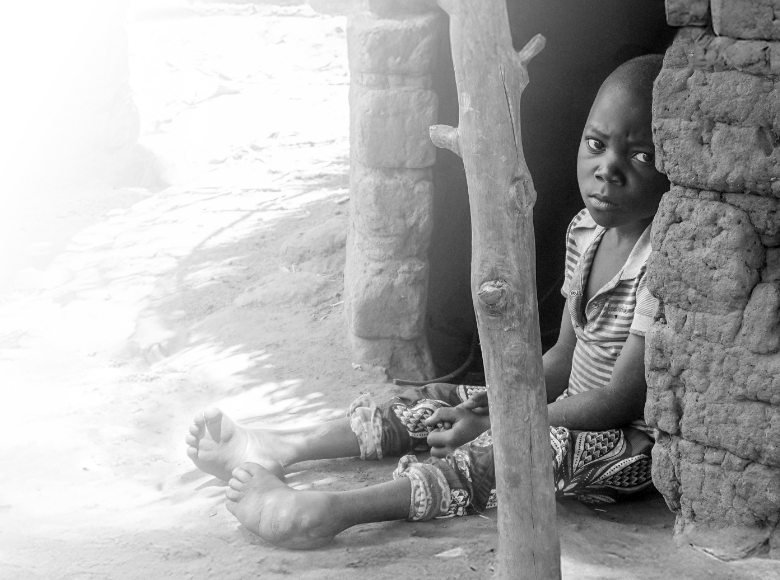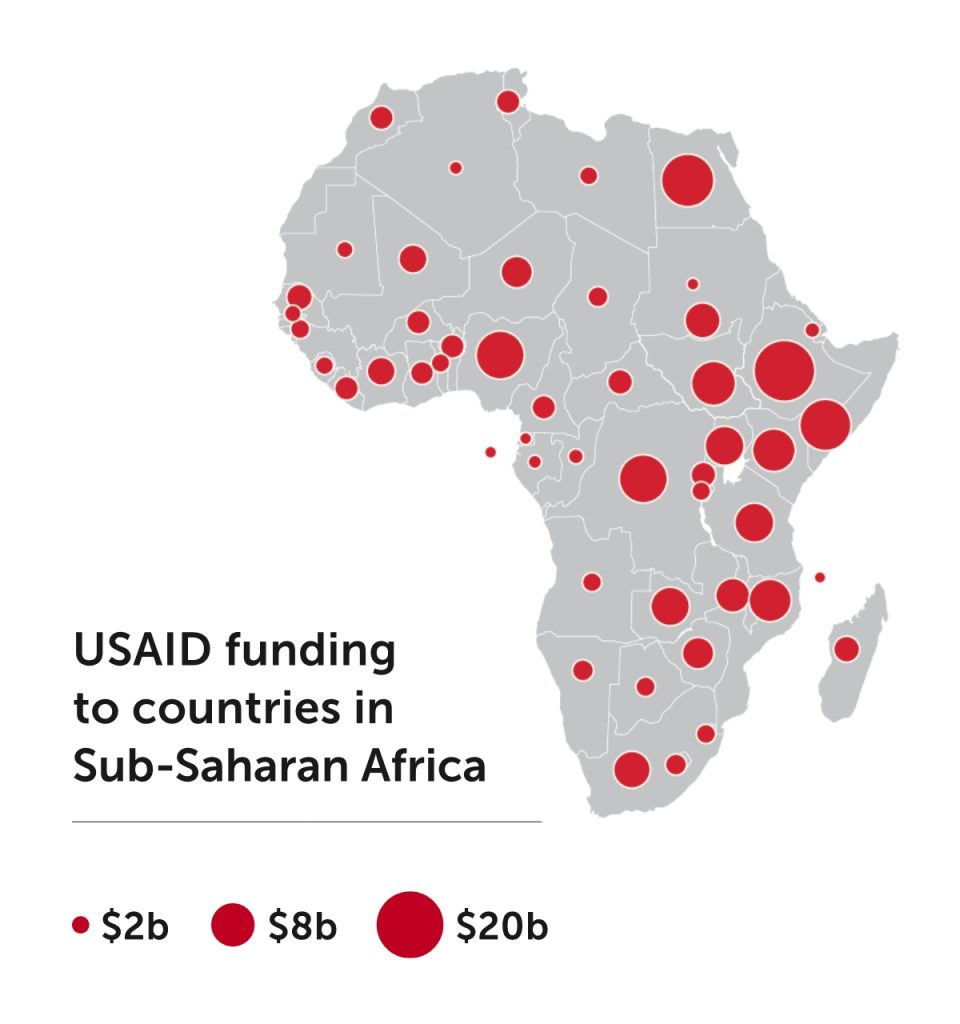FOREIGN AID
CRISIS

FOREIGN AID CRISIS
Losing 47% of the world’s humanitarian funding will cost countless lives. And children with disabilities are most vulnerable.
Since it was established by Congress in 1961, the United States Agency for International Development (USAID) has provided vital funds across humanitarian sectors:
Life-saving medicines, food, clean water, education, professional development, assistance for farmers, safety for women and girls, peace and security…
“This might not be an earthquake or a famine, but make no mistake, for the poorest children and families of the world, the loss of USAID would be a crisis of unprecedented magnitude.” – Peter Kyalo Mwalimu, Executive Director, Hope and Healing International
“If, there is a decision of stop food aid there will be a great crisis on the whole food insecure community but the impact become very high for those persons with disability, children under 5, pregnant and lactating mothers.” – Food Security Officer at Hope and Healing’s partner in Ethiopia
“50% of children who come for surgery services… are malnourished. With the cut in [USAID] support, we anticipate hundreds of children to miss surgeries or have recovery challenges because of poor diets which are mostly associated to poor economic standards.” – Robert Ochai, CEO of Hope and Healing’s partner in Uganda

Impact of Cuts on Children with Disability
Health
In the health sector, USAID funding has been instrumental in combating disabling infectious diseases (including malaria and HIV), improving maternal and child health, and strengthening health systems. Research by the London School of Hygiene and Tropical Medicine confirms that children with disabilities are much more likely to have had a serious illness in the last 12 months than children without disabilities and have increased dependence on strong health systems.
WASH (Water, Sanitation, Hygiene)
US foreign aid supports hundreds of projects focused on water security. An estimated 4 billion people globally don’t have access to safe drinking water. We know lack of clean water causes eye, ear and bone infections that ultimately result in permanent blindness, hearing impairments and mobility impairments.
Food Security
USAID has funded food aid programs that provide life-saving assistance to refugees, combating hunger and malnutrition. In times of natural disasters, such as floods or earthquakes or drought, US foreign aid has provided emergency aid, food, shelter, and medical supplies. The Womens Refugee Commission states that refugee children and displaced children with disabilities are among the most hidden, neglected and socially excluded of all displaced people.
Education
USAID has supported the construction of schools, provision of learning materials, and teacher training programs. Programs addressing barriers to girls’ education and education for children with disabilities are also at risk. Hard-fought efforts to improve inclusion in education could be lost.
Livelihoods
USAID’s agricultural development initiatives have assisted smallholder farmers to improve productivity and adopt climate-resilient practices. US foreign aid has supported programs that empower women and youth through financial literacy and entrepreneurship training. The agency also provided family support programs for vulnerable families, including those with children with disabilities.
“I don’t have any way to survive except the [USAID] support continues. If the support stops as they said, I will go to church and wait for my death.”
— Person with a disability in Ethiopia
“Last week, I received a letter terminating my contract with no hope of continuation. The letter asked me to look for another job… Living with a child with disability as a single mother is not easy…”
— Joyceline, mom of a 6 year old with cerebral palsy

